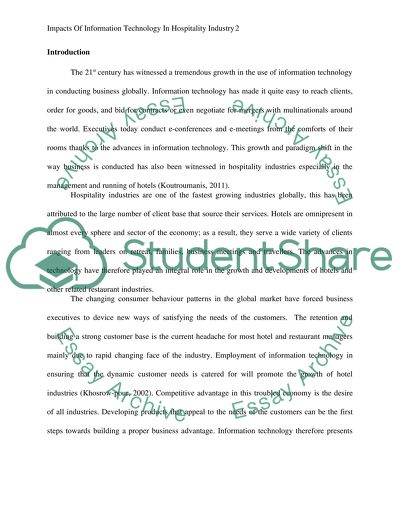Cite this document
(“Impacts Of Information Technology In Hospitality Industry Essay”, n.d.)
Retrieved from https://studentshare.org/tourism/1482773-impacts-of-information-technology-in-hospitality-industry
Retrieved from https://studentshare.org/tourism/1482773-impacts-of-information-technology-in-hospitality-industry
(Impacts Of Information Technology In Hospitality Industry Essay)
https://studentshare.org/tourism/1482773-impacts-of-information-technology-in-hospitality-industry.
https://studentshare.org/tourism/1482773-impacts-of-information-technology-in-hospitality-industry.
“Impacts Of Information Technology In Hospitality Industry Essay”, n.d. https://studentshare.org/tourism/1482773-impacts-of-information-technology-in-hospitality-industry.


